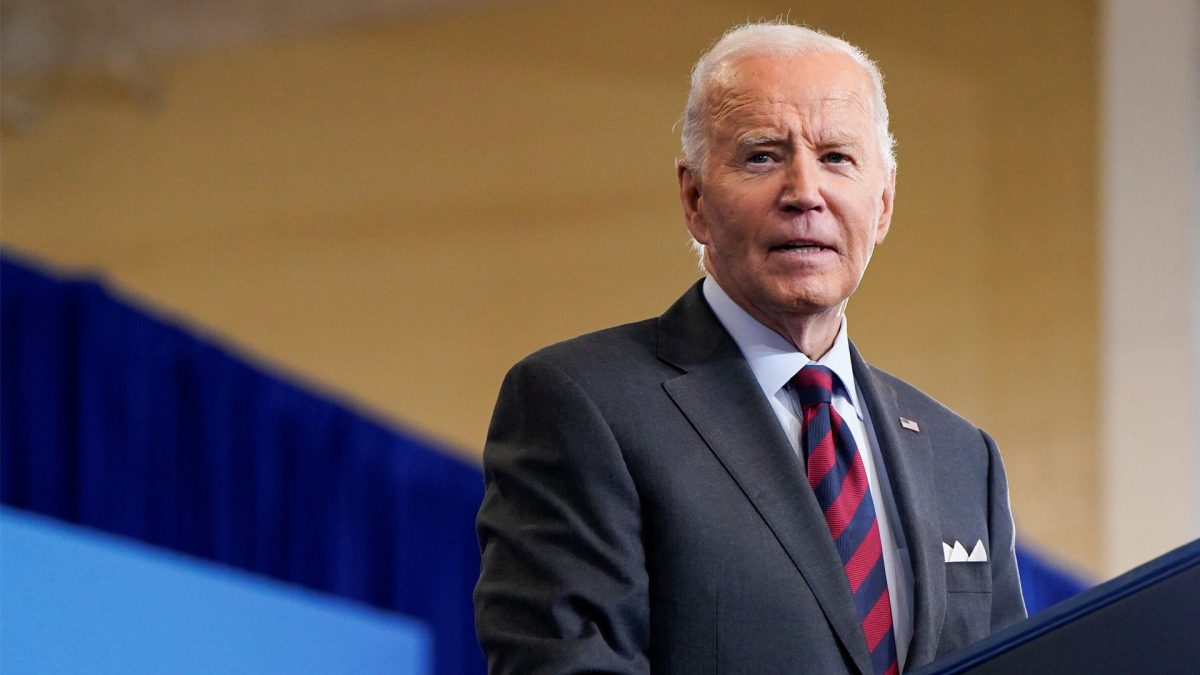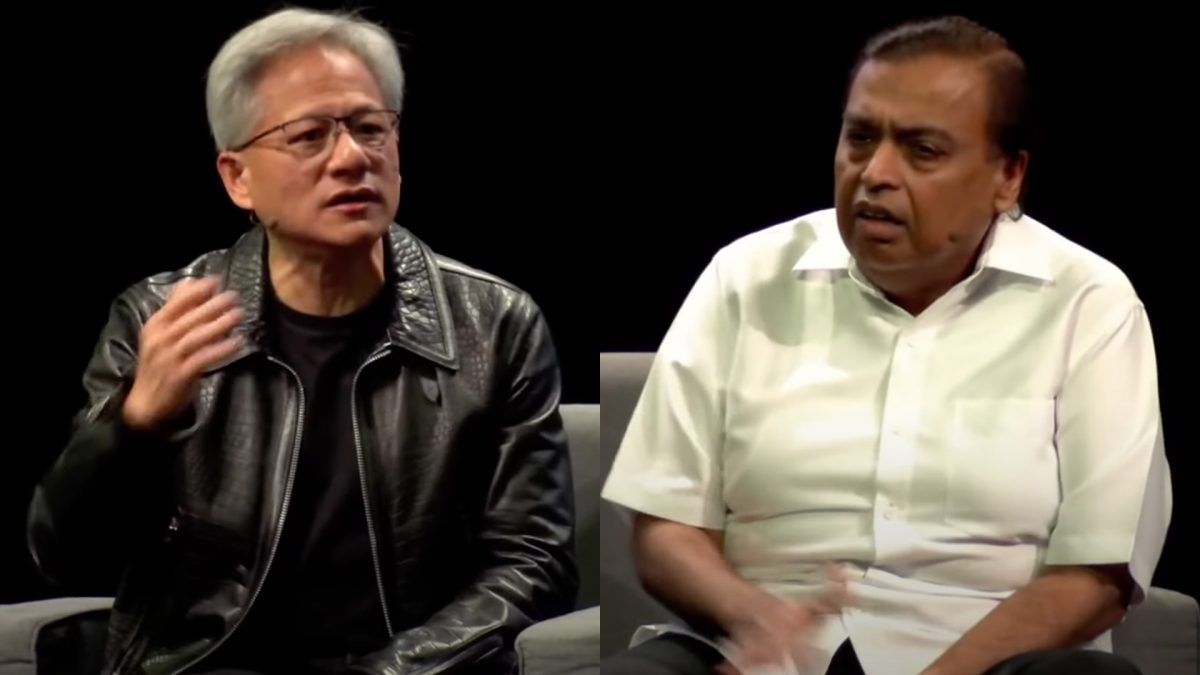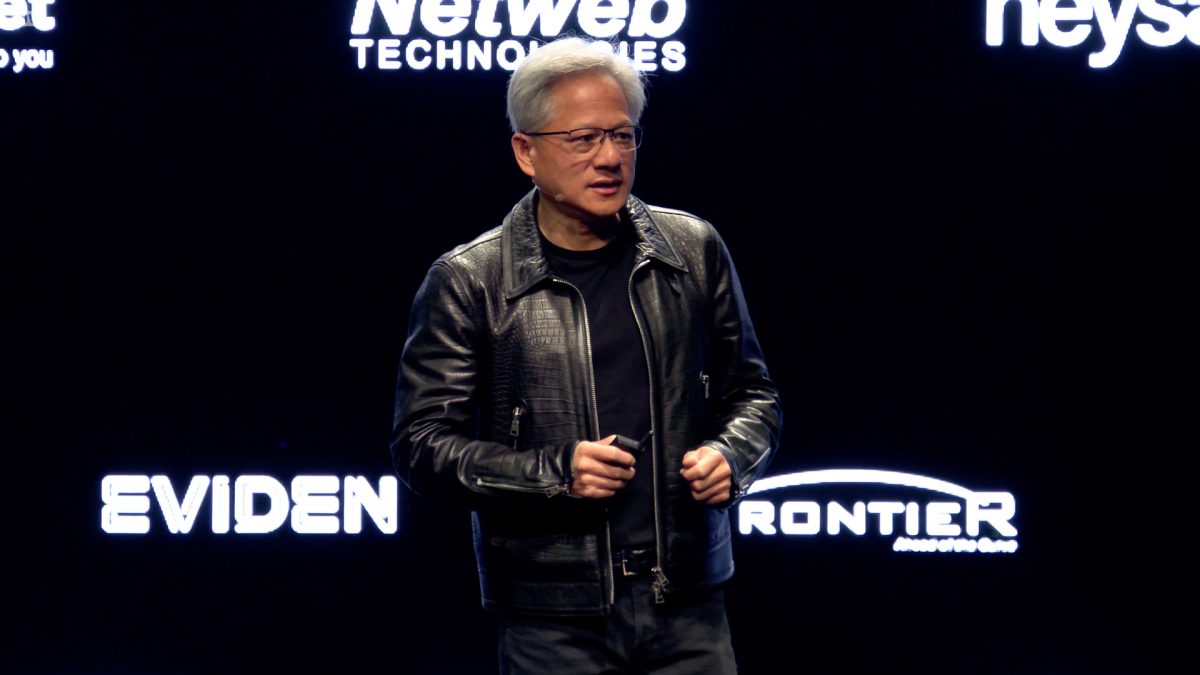In its preliminary results for the September quarter, Samsung reported an operating profit of 9.1 trillion won ($6.8 billion), lower than the projected 11.5 trillion won ($8.1 billion). Recorded revenue also came in below expectations at 79 trillion won, as opposed to the forecasted 81.57 trillion won read more
)
Analysts have expressed concern over Samsung’s struggles, with firms like Macquarie downgrading the company from "outperform" to "neutral" and slashing target prices. Samsung shares have fallen by more than 20 per cent this year. Image Credit: Reuters
Samsung Electronics, the world’s largest memory and smartphone maker, has publicly apologised following lower-than-expected quarterly results, an unusual move for the tech giant as it grapples with challenges in key markets.
The apology, issued by Jun Young-hyun, Samsung’s newly appointed head of its chip business, highlights concerns about the company’s future competitiveness.
In its preliminary results for the September quarter, Samsung reported an operating profit of 9.1 trillion won (US$6.8 billion), significantly lower than the projected 11.5 trillion won(US$ 8.1 billion).
Recorded revenue also came in below expectations — it stood at 79 trillion won, as opposed to the forecasted 81.57 trillion won. The company cited a one-time cost related to performance bonuses as a key factor affecting its earnings.
Jun admitted that Samsung had caused concern over its technical capabilities, acknowledging the “crisis” some believe the company is facing. He promised a long-term approach to restore competitiveness, saying, “These are testing times.” The company plans to release a full financial statement later this month, including net income and divisional breakdowns.
Falling behind in the AI race
Samsung has faced increasing pressure from competitors in the AI chip market, particularly SK Hynix, which has taken the lead in producing high-bandwidth memory (HBM) chips for Nvidia’s AI accelerators. While demand for AI gear is booming, Samsung has struggled to capitalise on the opportunity, lagging behind SK Hynix in securing approval for its own advanced HBM chips.
Analysts have expressed concern over Samsung’s struggles, with firms like Macquarie downgrading the company from “outperform” to “neutral” and slashing target prices. Samsung shares have fallen by more than 20 per cent this year, underperforming both its competitors and the Kospi index. On Tuesday, Samsung’s stock fell as much as 1.8 per cent following the earnings announcement.
Layoffs and organisational shake-up
In an effort to regain its footing, Samsung has made significant changes to its leadership, abruptly replacing the head of its chip business earlier this year. Jun warned that the company must overhaul its workplace culture to avoid falling into a “vicious cycle.” Samsung also began cutting its workforce, and has been laying people off in Southeast Asia, Australia, and New Zealand as part of a plan to cut thousands of jobs globally.
Despite its position as a major player in memory chips and smartphones, Samsung finds itself in an unusual position of playing catch-up in the AI sector. As demand for AI chips skyrockets, Samsung’s slow progress in securing approvals for its most advanced technology has allowed competitors like SK Hynix and US-based Micron Technology to pull ahead.
What next?
While Samsung’s financial struggles and lag in AI chip development have caused concern, the company remains committed to long-term solutions. Jun’s leadership will focus on addressing the organisational and technical challenges that have led to this situation.
With the AI chip market growing rapidly, Samsung will need to act quickly to regain its competitive edge, lest it fall further behind in a sector critical to the future of tech.

 1 month ago
10
1 month ago
10
)
)
)
)
)
)
)
)
)
)
)
)
)
)
)
)
)
)
)
)
)
)
)
)
)
 English (US) ·
English (US) ·